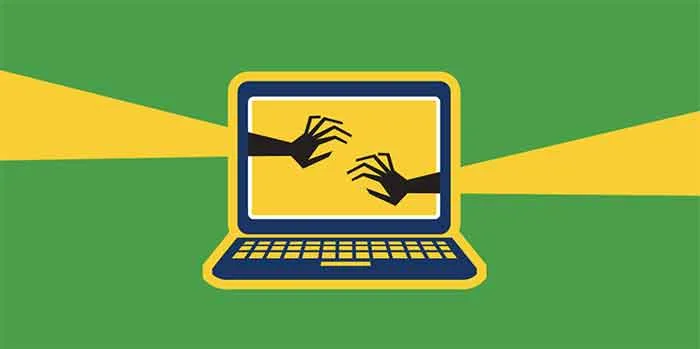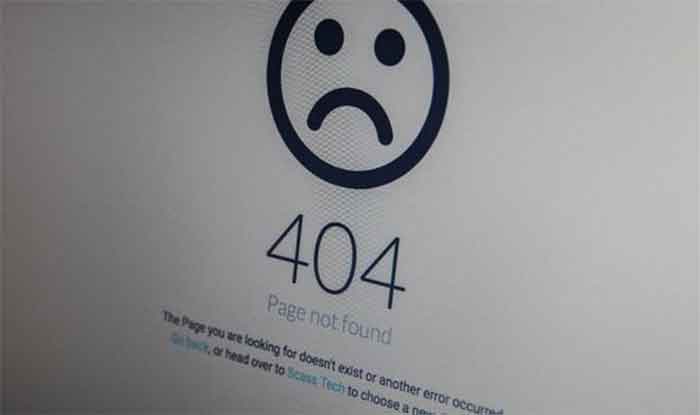
There is talk again of the government coming out with its ‘Digital India Bill’ which is meant to replace the IT Act, 2000. The ‘Digital India Bill’ is an unofficial name for the legislation meant to uphold the rights and interests of the ‘Digital Nagriks’ of an imagined ‘Digital India’. The government is somewhat correct in its position that new technologies like artificial intelligence, blockchain, virtual reality, etc. need an organized legislative acknowledgement and response. However, since this will also mean regulation of the internet, including that of platforms that provide many of the services that are popular and essential, there are many reasons to be concerned.
This article and video on the ‘Digital India Bill’ by advocacy group Internet Freedom Foundation outline some of the main issues: its ever-expanding scope that includes online content labelled as “fake news” or “against national security”, its ambiguous understanding of “user harms”, the lack of adequate consultation and public feedback on how and where the existing IT Act, 2000 is lacking and what needs to change, among others. While the authors want “[the] new digital legal framework [to] be based on constitutional principles, enshrining constitutionally guaranteed fundamental rights”, the realities of the Modi regime render any such expectation worthless. The online space is an extension of the larger public sphere and there is no way that the government will cede control over it or allow itself to be held in check by independent mechanisms in its endeavours to shape the internet to its own advantage as much as possible.
Rajeev Chandrasekhar, Minister of State for IT, has come out with his displeasure with the concept of ‘safe harbour’ for online intermediaries, which protects platforms (or “intermediaries”) from liability for hosting unlawful or otherwise harmful user-generated content. While India is definitely not the only place where this concept is being questioned, it is definitely being questioned (or rather, threatened) by the wrong people. While speaking on the ‘Digital India Bill’, Chandrasekhar has claimed that safe harbour enables ‘toxicity’ online and he would rather see it abolished altogether, which is a bit rich coming from a member of a party and government known to have a well-oiled cyberbullying machine at its disposal. The removal or dilution of safe harbour can lead to increased self-censorship by platforms to avoid litigation by “aggrieved” users and make them a hostile space for activities against the official line.
The IT Ministry (which goes by the contrived moniker of ‘MeitY’) has refused to budge on many of its draconian impositions such as the IT Rules, 2021 or the Grievance Appellate Committee (GAC) in recent times. It demanded the licensing of every service available through the internet and the identification of users across the board in its draft telecom bill released in October 2022, which it then followed up with a data protection bill (released for the fourth time) that has no interest in minimizing the collection of citizens’ data and in fact creates phrases like “deemed consent” or “purposes of employment” to free up the State and private employers to undercut such privacy protections. This bill legitimizes and enables surveillance of citizens and has provisions to penalize individuals themselves for so-called “frivolous” complaints to the Data Protection Board.
In all, the ‘package’ of new laws consisting of the telecom bill, the data protection bill, and the ‘Digital India Bill’ leaves us with much to worry about from the perspective of our democratic rights and freedoms. These upcoming laws, alongside similar existing regulations like the requirement of user logs from VPN providers or the cavalier internet shutdowns in one state after another, point to the very real prospect of the Indian internet becoming a controlled and restricted space where only commercial interests, established Big Tech companies, and privileged social groups can thrive.
Internet regulation: will the ‘virtual’ reflect the ‘real’?
The RSS-BJP’s use of the internet to secure its interests and further its agenda is well-known. Social media, search engines, instant messaging, and websites of all kinds have made the internet into a global public space, even if it is still largely privatized and increasingly being broken up into paywalled bubbles. In today’s world, it is a significant medium of disseminating discourse and resources and has been proven to influence the way people think and relate to each other. Though a bit cliched, it is definitely true that the internet is the printing press of our time. And just as the printing press has had a long history of contending with authority and playing its part in all sides of the struggle to challenge or uphold the status quo across historical eras, the internet will have one of its own.
Besides being a disruptive medium to circulate ideas and information across cultural and geographical borders speedily and at scale which makes it emergence comparable to that of the printing press, there is much else about the internet that is new and unprecedented. Tech companies and governments like to paint a pretty picture of the increasing adoption (i.e., purchasing) of technology using the rhetoric of “democratization” or “inclusion” (for example, when forcing millions to use fintech apps after demonetization), but the balance of power amid this widening access remains biased and undemocratic. The unchecked rise of the ‘gig economy’ with all the accompanying harms, risks, and losses to workers, or the exploitation of children, parents, and employees by ed-tech companies like Byju’s should remind us that technology-enabled services are only as good or bad as the interests that control them. India’s present scenario is such that employment is scarce or sub-standard, economic conditions are precarious, constitutional systems have weakened, and public needs like education, healthcare, and housing have been neglected or left up to private players to monetize. As a result, the ‘benefits’ of tech will concentrate with capitalists, shareholders, and a predominantly male labour aristocracy of India’s caste and class elites.
‘Digitization’ is being implemented with the same top-down, centralized, and uncompromising approach that has guided much of this government’s policies in other domains. The forceful implementation of Aadhaar to avail any benefit or service, even to the point of denying life-saving healthcare or food, is an example. This, in turn, can be seen together with the increasing use of sophisticated surveillance and data-collection technology by police and security forces to show that adopting technology by itself does not make us a better governed or a more democratic country. The space for alternative voices, acceptance of diversity in cultures and beliefs, and the mechanisms for keeping a check on this government’s powers are declining by the day in India, and we can rationally assume that the internet will be subjected to the same pressures by new legislation like the ‘Digital India Bill’.
Arjun Banerjee is a writer and journalist.










































